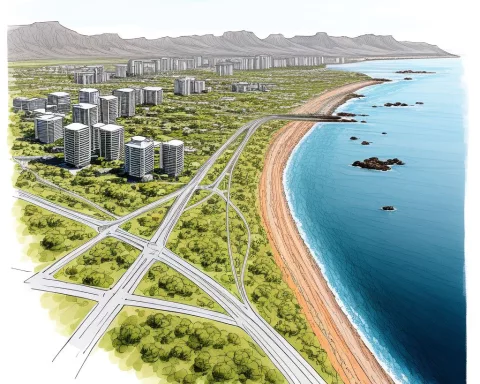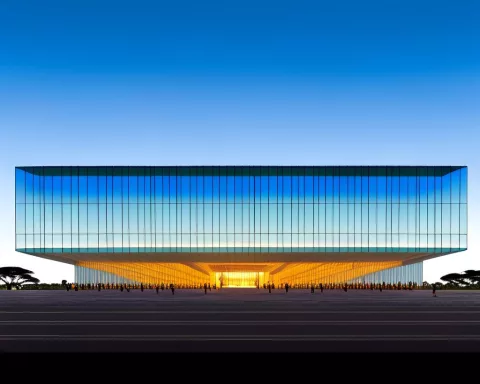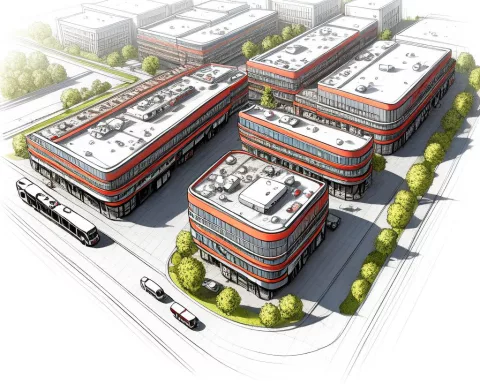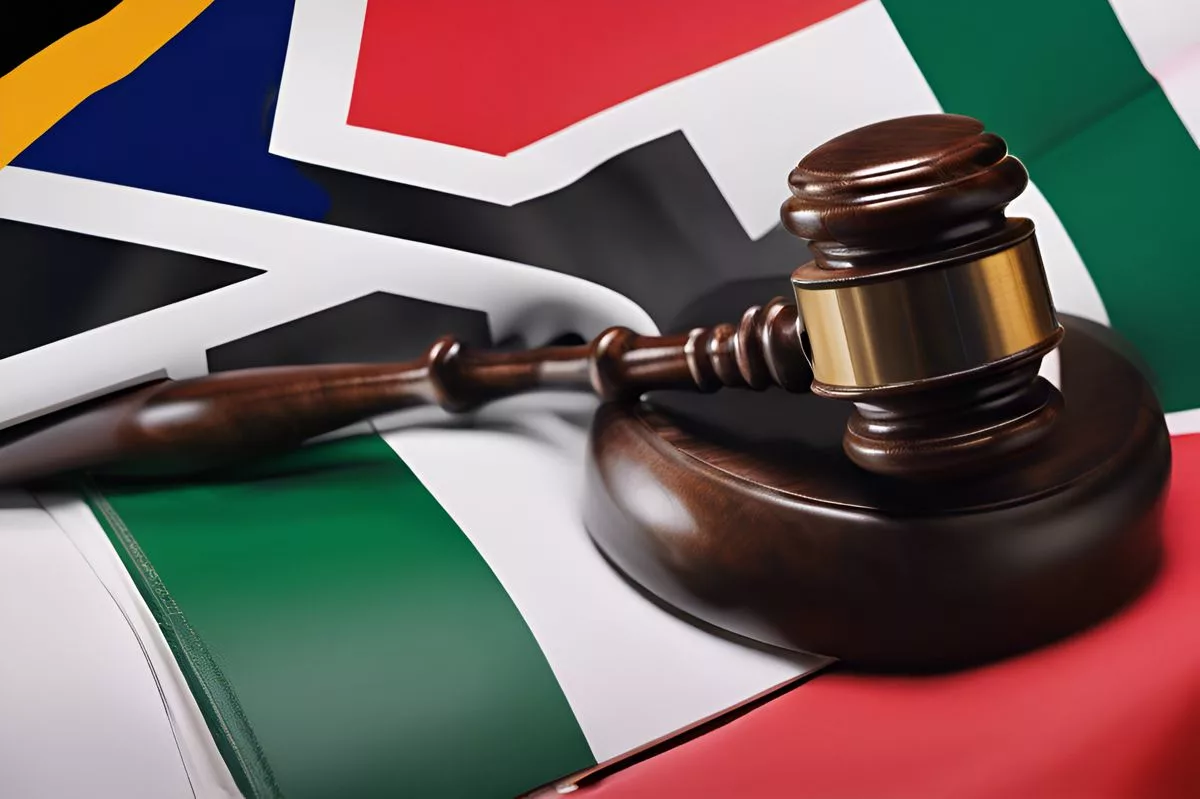The Workshop for Chief Whips and Chairpersons at Cape Sun Hotel aimed to equip the National Council of Provinces (NCOP) members with the necessary tools to execute their duties efficiently and promote collective action and interconnectedness. The keynote speech delivered by the Chairperson of the NCOP shed light on the workshop’s objective, emphasizing the importance of public participation and international solidarity. The discussions focused on the challenges faced by NCOP and the need to bolster its oversight agenda while steering discussions towards the national dialogue.
What was the Workshop for Chief Whips and Chairpersons at Cape Sun Hotel?
The Workshop for Chief Whips and Chairpersons was held at the Cape Sun Hotel to equip Whips and Chairpersons of Committees of the National Council of Provinces (NCOP) with the necessary tools to execute their duties efficiently. The workshop aimed to promote collective action, complementary initiatives, and interconnectedness for fostering a political culture. The keynote speech delivered by the respected Chairperson of the NCOP shed light on the workshop’s objective.
The grandeur of Cape Sun Hotel was on full display on the 20th and 21st of August, 2024, as it hosted the Workshop for Chief Whips and Chairpersons. The event was amplified with the excitement and anticipation of the attendees. One of the highlights was the keynote speech delivered by the respected Chairperson of the National Council of Provinces, Honourable Refilwe Mtshweni-Tsipane. As she took to the stage, the theme of the event, “Defining our collective effort in Realising the Mandate of the NCOP,” was embodied in her persona.
The National Council of Provinces (NCOP) prides itself as a distinctive gathering of minds, focusing on its core mandate as defined in the Constitution: safeguarding provincial interests at the national governmental level. Part of its responsibility is to foster national unity through cooperative governance, while also promoting intergovernmental relations across the different government spheres. This task calls for the seamless integration of the NCOP’s activities, underlined by the workshop’s significance as a platform for cultivating shared practices, norms, and methodologies.
Unraveling the Purpose of the Workshop
The keynote speech shed light on the workshop’s objective – to equip Whips and Chairpersons of Committees with the necessary tools to execute their duties efficiently. Therefore, fostering a political culture that promotes collective action, complementary initiatives, and interconnectedness falls within the scope of public service discipline. The famous quote by Martin Luther King Jr encapsulates this idea, “I can never be what I ought to be until you are what you ought to be; and you can never be what you ought to be until I am what I ought to be.” This sentiment reflects the interconnected role of the NCOP’s mandate and its members, entwined in a mutual network.
The surge of discussions revolving around the Constitution and societal transformations following the 2024 National and Provincial Elections symbolizes the evolving political landscape. This poignant milestone, marking 30 years of South African democracy, has sparked conversations about the Constitution’s ability to drive social and economic change. The rise of populist sentiments, political polarization, and liberal fundamentalism has stirred up a discord that jeopardizes not only democratic institutions but also the concept of truth.
Overcoming Challenges and Setting Directions
Yet, these challenges are not insurmountable. As Honourable Refilwe Mtshweni-Tsipane pointed out, the National Council of Provinces has the role of steering discussions towards the national dialogue. This conversation shines a light on the liberation process, underscoring it as a continuous journey, not a singular event. It’s an enduring battle to reconcile the paradoxical continuity and discontinuity from colonial apartheid to our current constitutional reality.
Facing these obstacles, the NCOP is required to bolster its oversight agenda. As suggested by Honourable Mtshweni-Tsipane during her Policy Debate, it’s crucial to reinforce accountability systems and mechanisms, enabling the NCOP to assert itself effectively. In keeping with the spirit of the GNU, the NCOP should heed the President’s call to exclude no one. Here, the words of Aime Cessaire ring true; “A civilization that proves incapable of solving the problems it creates is a decadent civilization; a civilization that closes its eyes to its most crucial problems is a stricken civilization; and a civilization that uses principles of trickery and deceit is a dying civilization.”
Calls for Public Participation and International Solidarity
The Honourable Chairperson also highlighted the necessity for meaningful public participation, a critical element ensuring effective oversight and people-driven law-making. This is a plea for a new dynamism that revives organs of people’s power, encouraging continuous civic engagement in public matters.
Amidst the global waltz of power and politics, South Africa remains influenced by ongoing global trends. However, in alignment with the vision of constructing a better Africa, South Africa continues to contribute effectively to inter-parliamentary and international bodies, standing by the principles of solidarity with the world’s oppressed and the quest for progressive internationalism.
Participating in such a stirring and transformative discourse underscored the progress made in our democratic journey. It served as a poignant reminder of our shared duty to ensure that the pledges of liberal democracy are realized, preventing a society vulnerable to totalitarian rule.
What were the discussions focused on at the Workshop for Chief Whips and Chairpersons at Cape Sun Hotel?
The discussions at the Workshop for Chief Whips and Chairpersons focused on the challenges faced by the National Council of Provinces (NCOP) and the need to bolster its oversight agenda while steering discussions towards the national dialogue. The rising populist sentiments, political polarization, and liberal fundamentalism that has stirred discord in democratic institutions were also discussed.
How does the National Council of Provinces (NCOP) promote collective action and interconnectedness?
The National Council of Provinces (NCOP) promotes collective action and interconnectedness by holding workshops, like the Workshop for Chief Whips and Chairpersons, to equip its members with the necessary tools to execute their duties efficiently. The NCOP also fosters national unity through cooperative governance while promoting intergovernmental relations across the different government spheres.
What is the role of the National Council of Provinces (NCOP) in steering discussions towards the national dialogue?
The role of the National Council of Provinces (NCOP) is to steer discussions towards the national dialogue. This conversation shines a light on the liberation process, underscoring it as a continuous journey, not a singular event. The NCOP has the responsibility to reconcile the paradoxical continuity and discontinuity from colonial apartheid to the current constitutional reality.
How can the National Council of Provinces (NCOP) bolster its oversight agenda?
The National Council of Provinces (NCOP) can bolster its oversight agenda by reinforcing accountability systems and mechanisms, as suggested by Honourable Refilwe Mtshweni-Tsipane during her Policy Debate. This will enable the NCOP to assert itself effectively and exclude no one in keeping with the spirit of the GNU.
Why is public participation important in ensuring effective oversight and people-driven law-making?
Public participation is essential in ensuring effective oversight and people-driven law-making because it encourages continuous civic engagement in public matters. It revives organs of people’s power, providing a new dynamism that is critical to ensuring accountability and transparency in government.
How does South Africa contribute to inter-parliamentary and international bodies?
South Africa contributes effectively to inter-parliamentary and international bodies, standing by the principles of solidarity with the world’s oppressed and the quest for progressive internationalism. This is in alignment with the vision of constructing a better Africa and ensuring that the pledges of liberal democracy are realized.












